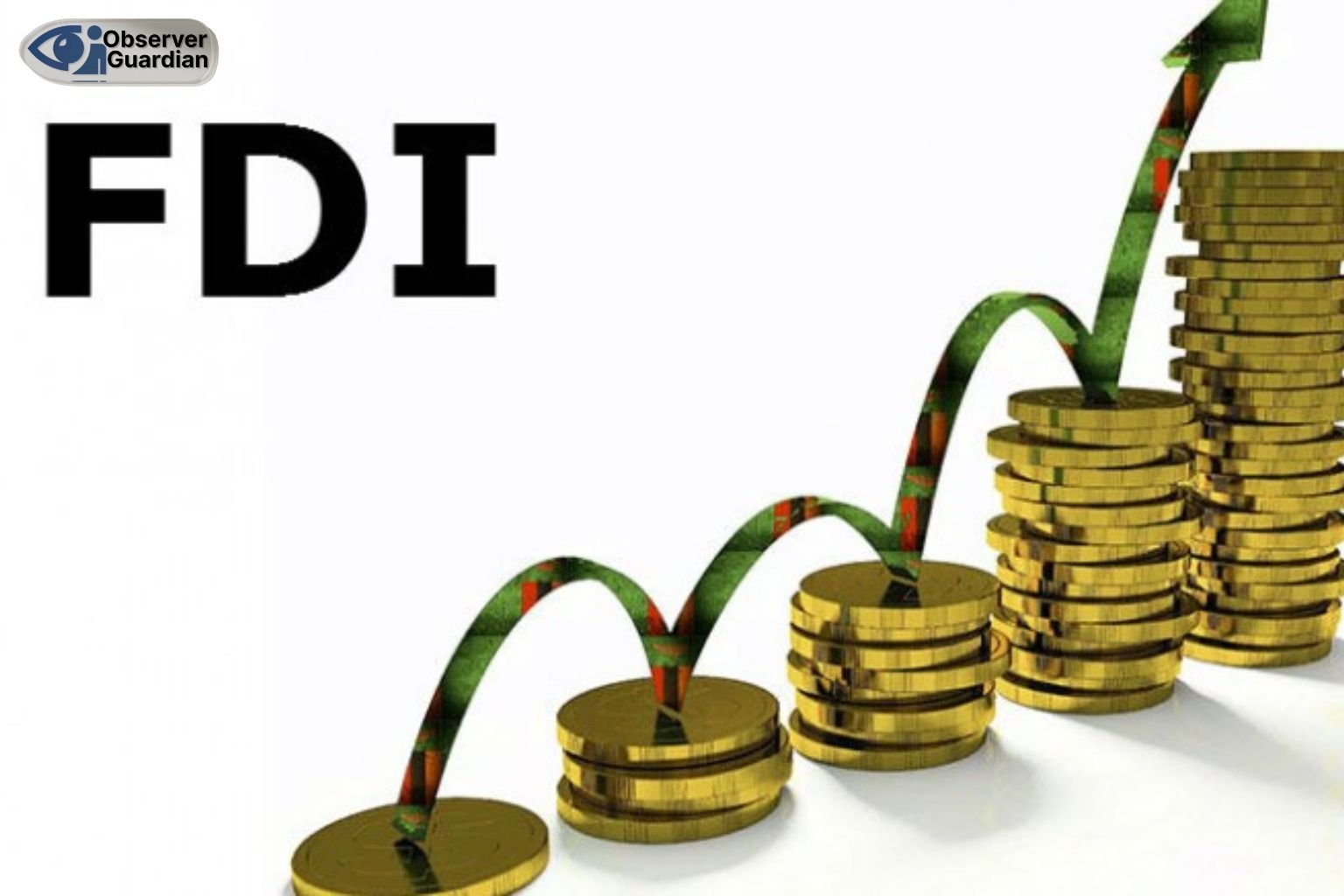Pakistan’s Foreign Direct Investment (FDI) saw a sharp decline of 43% in August 2025, dropping to $156 million compared to $272 million in August 2024. This significant downturn follows a pattern observed in previous months, with FDI in July 2025 also showing a decline despite a modest rise in comparison to the same period last year. The reduction in FDI highlights concerns over the country’s economic outlook, which have been exacerbated by political instability, shifting policy frameworks, and challenges in doing business.
The August 2025 drop in FDI is a clear indication of the growing unease among international investors. Factors such as inconsistent tax policies, regulatory hurdles, and a lack of clear investment incentives have led to reduced investor confidence. These elements have collectively discouraged foreign investors from committing substantial capital to the Pakistani market, leaving the country vulnerable to a slowdown in vital economic sectors.
Legal and Regulatory Challenges Affecting FDI
The decline in FDI can be partly attributed to ongoing legal and regulatory challenges that have created an unstable investment climate. Frequent changes in taxation policies, such as the scrapping of a proposed tax on banks’ profits from government debt, have compounded the uncertainty surrounding investment decisions. Moreover, the Special Investment Facilitation Council (SIFC), designed to boost foreign investment, has struggled to translate its plans into actionable outcomes due to bureaucratic delays and a lack of effective execution. These regulatory issues have further discouraged foreign capital inflows.
Toshakhana Records: Here’s the Complete List of People Who Received Gifts This Year
Impact on Key Sectors and Investor Sentiment
Several key sectors that traditionally attract significant FDI, including the power and financial sectors, have been adversely affected. In August 2025, the power sector received $97.4 million in FDI, while the financial sector attracted $58.3 million. However, these figures represent a significant drop compared to previous periods, highlighting broader concerns about Pakistan’s investment environment. Business groups, including the Overseas Investors Chamber of Commerce & Industry (OICCI), have pointed to inconsistent policies and over-regulation as the primary factors deterring multinational companies from increasing their investments in Pakistan.
Prospects and Strategic Recommendations
To reverse the decline in FDI, Pakistan must introduce comprehensive reforms that focus on stabilizing the investment climate. This includes ensuring consistent and predictable policies, enhancing transparency, and simplifying the business environment to attract international investors. Strengthening institutions like the SIFC and addressing the legal and regulatory challenges are crucial steps in rebuilding investor confidence. With the right measures in place, Pakistan can work towards reversing the current trend and fostering an environment conducive to sustainable foreign investments.
In summary, the 43% drop in FDI in August 2025 highlights the urgent need for reforms to stabilize Pakistan’s investment environment. By implementing strategic changes to improve policy consistency and ease of doing business, Pakistan can strengthen its position in attracting foreign investment and ensure long-term economic growth.







